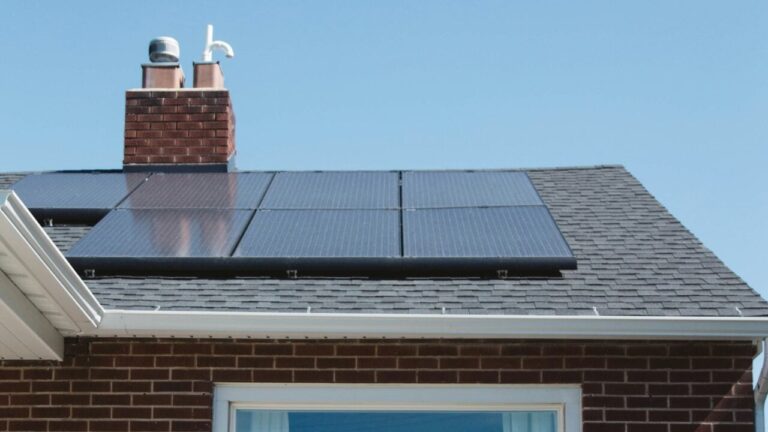Data from the Microgeneration Certification Scheme (MCS) shows that 2024 will be a record year for small-scale renewable energy installations.
According to the MCS, an organization that certifies installers of low-carbon technologies, more than 260,000 certified installations of solar panels, heat pumps and battery energy storage systems (BESS) were completed in 2024, an increase of 7% compared to 2023.
Of these installations, solar energy remains the most popular green technology. Approximately 184,462 MCS-certified solar installations occurred in 2024, a number that, while significant, represents a 7% decrease from the 198,362 solar installations in 2023.
The average cost of a home solar installation has gradually fallen in 2024, from an average of £9,238 in January to £7,561 in December, with the annual average being £8,198. While this still represents a gradual but steady decline, prices are falling much faster than in 2023, when prices fell by less than £1,000 between January and December, with average installation costs falling to £9,994 that year.
As in 2023, the Isle of Anglesey leads the pack for the region with the highest proportion of households with solar installations, with 3.18% of homes on the Welsh island fitted with solar PV in December 2024. At the other end of the table is Douglas , on the Isle of Man, where only 0.02% of homes – just two households – will be equipped with solar energy by 2024.
Meanwhile, home BESS installations had a record year, with 20,044 installations completed – more than quadrupling the number of BESS installations by 2023. Average home BESS installation costs saw a significant and somewhat erratic change, ending in an increase of £ 72 in the average installation. costs between January and December 2024. In 2024, the average cost of a home BESS installation was £8,035, down 13% from the 2023 average of £9,343.
In particular, the more remote areas of Britain appear to be the most interested in BESS installations for home use, with the Isles of Scilly and the Shetland Islands topping the list for regions with the highest proportion of homes with BESS installations , namely 0.78% and 0.7%. respectively. Just behind these island regions is the Moray region of Scotland, on the country’s northeast coast, which with 185 BESS home installations has a 0.44% battery technology installation rate.
It may come as no surprise that the heat pump boom has continued, with almost 60,000 heat pump installations certified by 2024 – a 43% increase from 2023. The UK government’s Boiler Upgrade Scheme (BUS) has a strong uptake in 2024 known, with applications for the £7,500 grant last year, an increase of 27% year-on-year.
Ian Rippin, CEO of MCS, commented: “It is fantastic to see the record-breaking adoption of renewable energy technologies in the UK. More and more consumers are making the switch to homegrown energy and relying on MCS-certified contractors to give them confidence in their sustainable installations. As numbers rise and more people benefit from homegrown energy, it is vital that standards are maintained to continue the momentum.”
Minister for Energy Consumers Miatta Fahnbulleh added: “It is excellent news that clean energy is now within reach for more people than ever. From heat pumps to solar panels, renewable energy sources are essential to helping working people secure affordable, homegrown power for their homes and businesses.”


